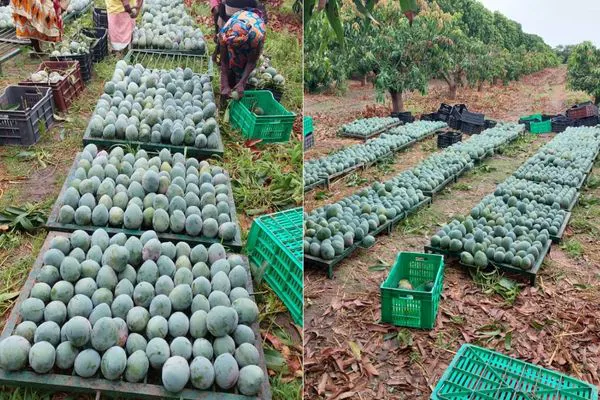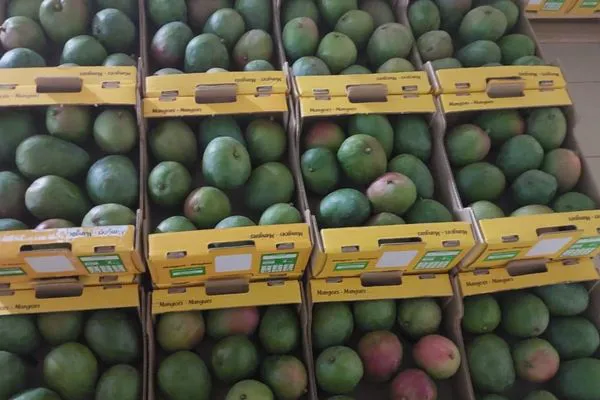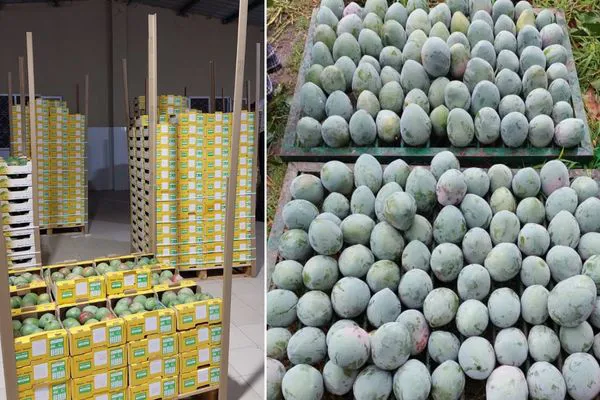Fruit flies were among the main causes of the Senegalese mango industry's poor performance last season, prompting the government to take steps to combat them, and to resort to a new tax to finance the effort. At the launch of the 2023 mango export campaign, the Senegalese Ministry of Agriculture introduced a deduction of 15 FCFA/kg of exported mango, to be paid into the account of the National Committee against fruit flies. Aminata Dominique Diouf, Senegalese mango producer/exporter, comments on this decision.

Aminata declared: "The export campaign is going well so far, apart from the decision to impose this deduction. This decision has shaken up the sector and provoked discontent among producers and exporters. Above all, it was a hasty decision, taken without consulting all the players in the sector. And we are now suffering the consequences".
The first consequence, according to Aminata, is that the tax reduces exporters' margins, she says, "Exporters have now to renegotiate contracts with their customers, which is not easy because they often refuse price increases, and exporters have no choice but to take the loss".

The second consequence, according to Aminata, is a drop in export volumes, she explains: "The tax is also imposed on producers, amounting to 5 FCFA per kg of mango exported. Many producers refuse to sell their harvest to exporters, preferring to turn to the local market to avoid paying the tax."
The decision comes at a time when Senegalese mango is already uncompetitive on the world market, according to Aminata, "Our mangoes are already expensive compared to the competition, and with this new decision, the Senegalese mango boat is now the most expensive just after the Japanese one".

"We face strong competition, particularly from Brazil and Peru, which have high yields and supply large volumes. Our government must strengthen the market position of Senegalese mango, by including all actors of the sector - producers, exporters, intermediaries, logisticians, and mango processors - in the dialogue before making important decisions."
Aminata, who exports to the Netherlands and France, expects export volumes to decrease this season, and reiterates: "The mango industry has only just recovered this year after a catastrophic season in terms of volumes. If the tax is not lifted, producers will prefer to sell on the local market rather than export."
For more information:
Aminata Dominique Diouf
Domaine Agricole du Nema
+221 77 480 42 32
aminatadominique@hotmail.com
